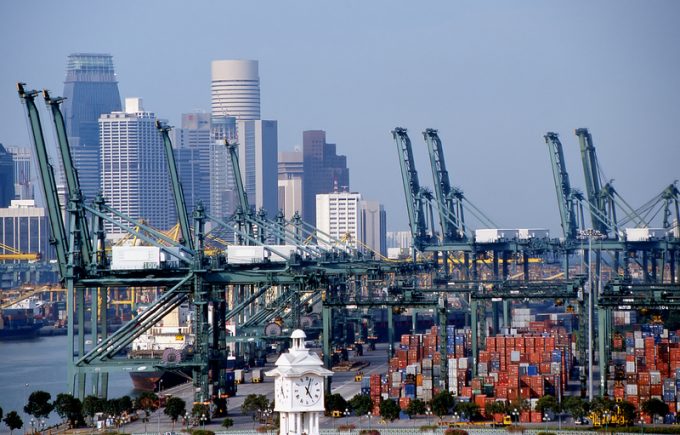South China feeder services set for decline, thanks to harsh Covid restrictions
China’s quarantine rules for seafarers are set to cause a big drop in Pearl River ...

Asian feeder operators have imposed a surcharge to cover rising costs that they are blaming on port congestion.
The Asian Feeder Discussion Group (AFDG) placed a notice in Singapore’s Business Times on 19 April, saying that since Monday, its members had implemented an ...

Comment on this article